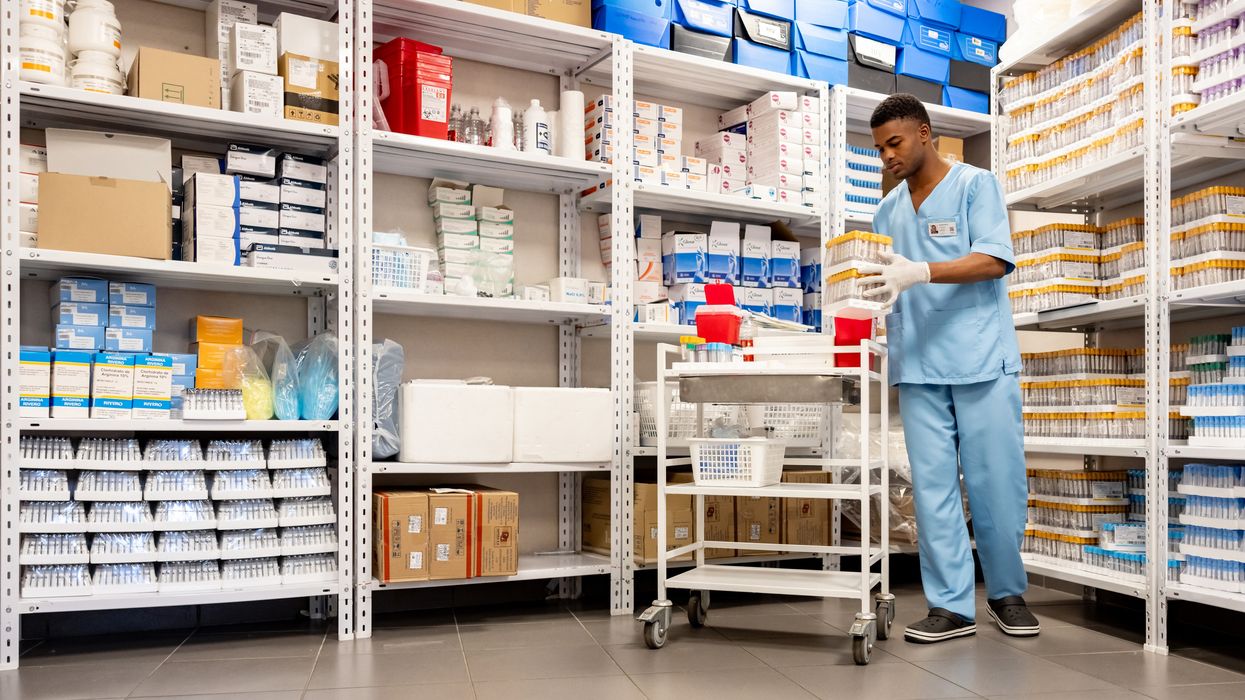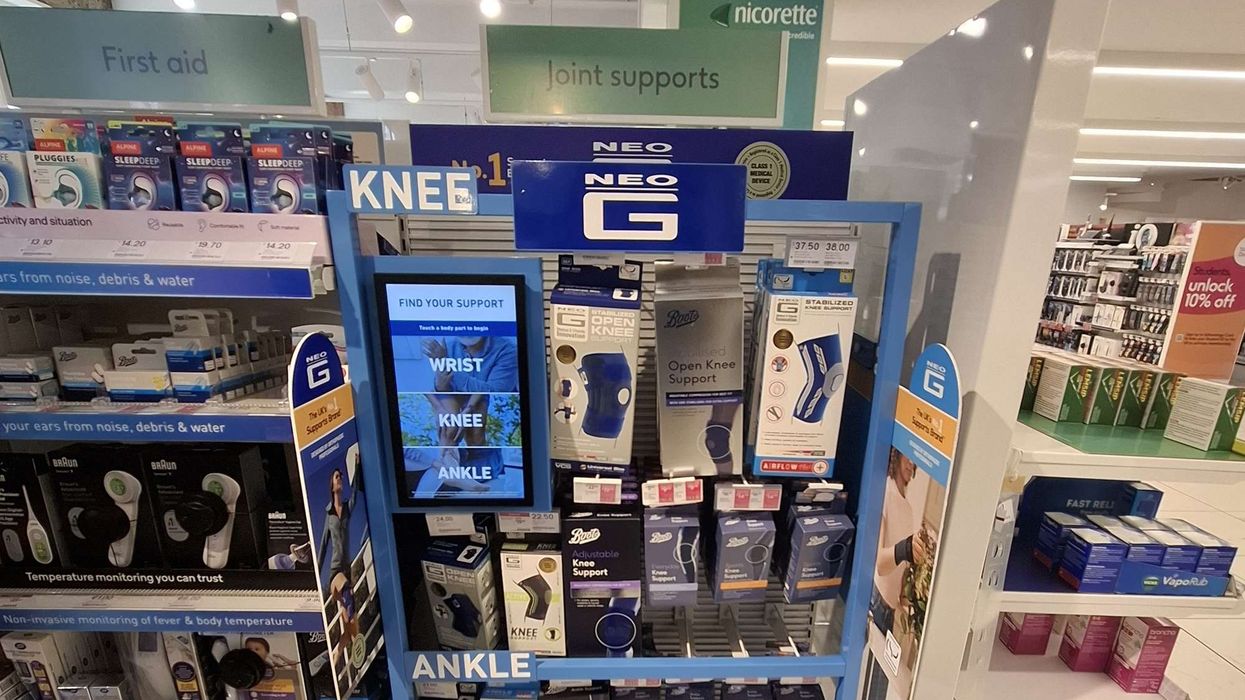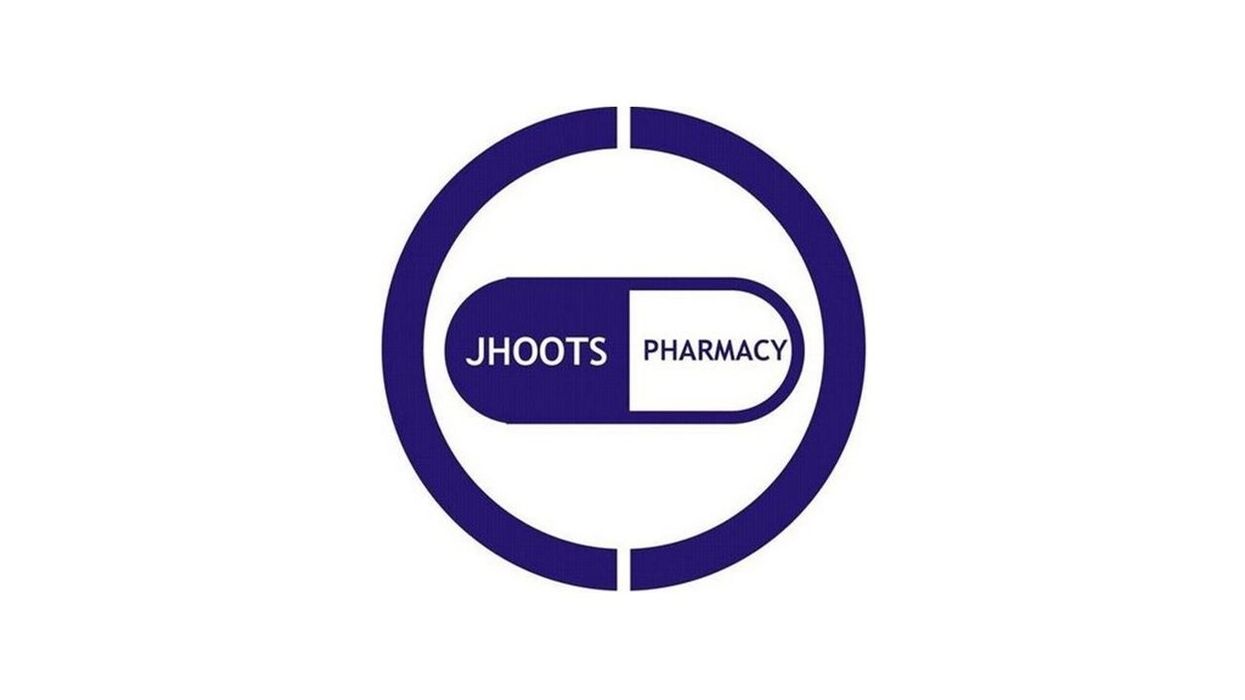Almost three-quarters (73 per cent) of pharmacy teams have told a new survey that supply issues are putting patient health at risk in what’s being described as ‘distressing new normal’.
The issues with sourcing medicines has led to a rise in disgruntled patients with 79 per cent of pharmacists reporting incidents of patient aggression when medicines were unavailable or delayed.
The data comes from Community Pharmacy England’s (CPE) Pharmacy Pressures Survey 2025 which surveyed the owners of over 4,300 pharmacies in England, and more than 1,600 pharmacy team members.
The results showed no improvement in medicines supply issues since the annual survey first launched in 2022: instead, the supply system seems stuck at breaking point, with pharmacies and patients paying the price.
While in 2022, problems were often linked to factors such as Brexit, the war in Ukraine, the impact of the Covid-19 pandemic, and wider economic instability, the results show the situation in pharmacy has not improved.
“Our survey shows that as medicine supply issues remain a daily reality across the country, the risk to patient health has become a distressing new normal. Delays in receiving medicines not only disrupt patients’ treatment but can also cause unnecessary stress and potential harm to their health,” said Janet Morrison, chief executive of Community Pharmacy England.
“Our survey results suggest a system stuck that is stuck at breaking point. This situation is the result of deeper issues within the UK medicines market with a range of causes, from product discontinuations to global supply chain challenges. We also believe that consistently low medicine prices in the UK have made the market less appealing to manufacturers, further weakening the resilience of the supply system.”
The report shows that medicine shortages and supply disruptions remain widespread.
In the past year alone, the government has issued Serious Shortage Protocols for key medicines used to treat schizophrenia, bipolar disorder and angina, as well as HRT, antibiotics such as cefalexin and clarithromycin, and medicines for cardiovascular disease and Pancreatic Enzyme Replacement Therapy. There are ongoing shortages and disruption of medicines used for the treatment of ADHD, diabetes and epilepsy.
CPE is warning that pharmacies need urgent, systemic action. It has welcomed recent Government commitments to work on supply chain resilience and is calling for reforms that strengthen resilience, give pharmacists more flexibility during shortages, and ensure fairer financial arrangements for the medicines that pharmacies supply.
“The future is uncertain, with expected drug price inflation and potential knock-on effects across the NHS, but we welcome the Government’s commitment to ongoing work to shore up supply chain resilience and will be monitoring the situation.
“Our survey findings provide yet more evidence that medicine supply problems haven’t disappeared – it will take sustained action to resolve this crisis and ensure patients can access the medicines they need, when and where they need them.”
The report found that every day, pharmacy teams are spending hours trying to source medicines for patients.
Around 4 in 10 (39 per cent) of pharmacy staff now spend 1–2 hours each day doing this, with over a quarter (26 per cent) spending even longer than 2 hours.
Almost half (49 per cent) of pharmacy owners said patient services are being negatively affected by pressures on their business and 94 per cent link this directly to medicine supply problems as a root cause.
“Every day we’re facing immense challenges with medicine shortages that are not our fault, and which we are powerless to resolve,” said Fin McCaul, a community pharmacy owner in Greater Manchester.
“It’s not just a matter of running out of stock: patients are rightly frustrated, and their health is being harmed.; Our teams are caught in the middle, spending hours calling suppliers and contacting GPs, trying to find alternatives, while also trying to keep patients informed.
“The constant uncertainty is affecting both our staff and patients and each year; it only seems to get worse. We’re doing the best we can, but the pressure is overwhelming. We hope things improve soon, as the stress is taking its toll on everyone.”
ENDS












